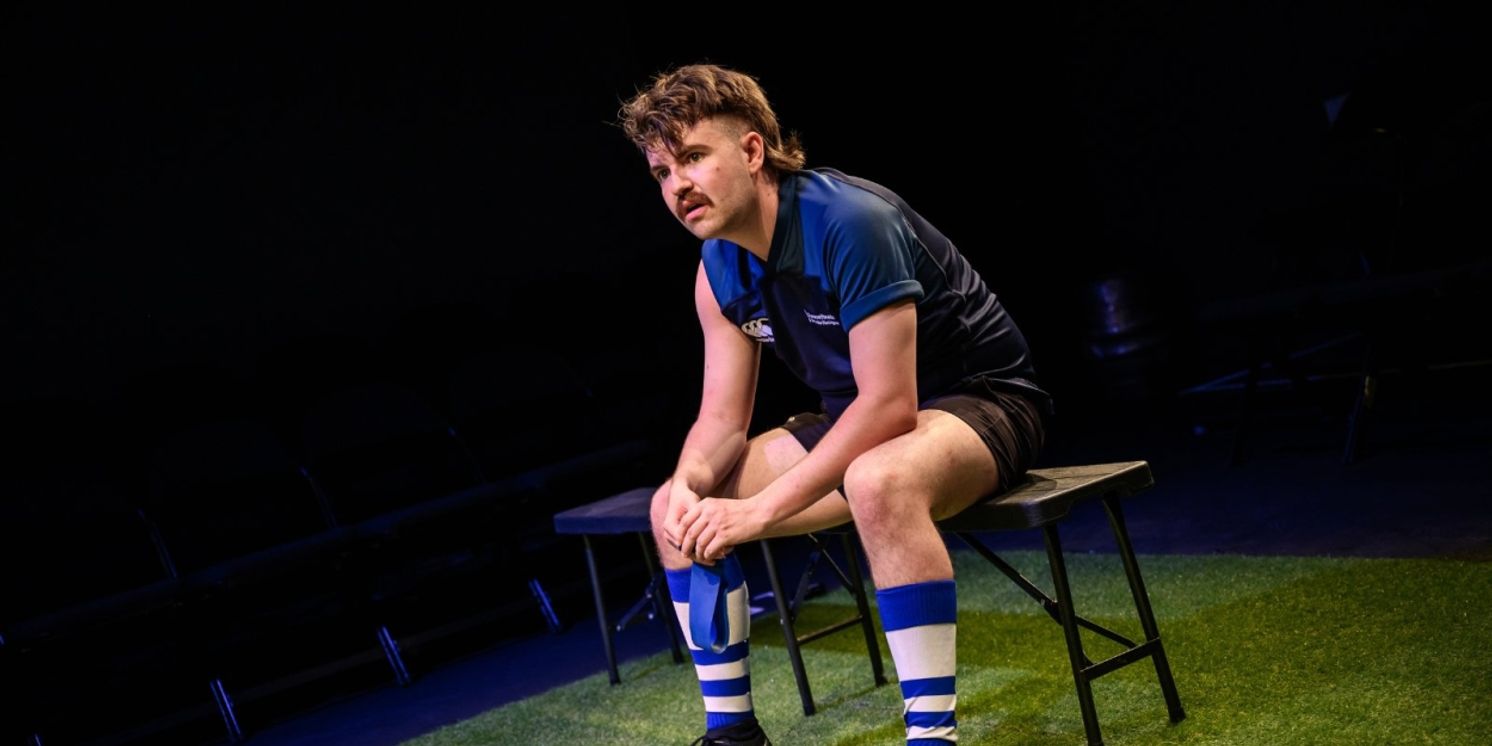Review: BONES, Park Theatre
A promising attempt at vital commentary on male mental health

![]() With society bursting with an array of social issues to tackle, creative platforms hold great potential in providing complex and transformative commentary on such issues. Bones, a co-production between production company Refine and leading rugby mental health organisation – LooseHeadz – is a promising attempt at such vital commentary.
With society bursting with an array of social issues to tackle, creative platforms hold great potential in providing complex and transformative commentary on such issues. Bones, a co-production between production company Refine and leading rugby mental health organisation – LooseHeadz – is a promising attempt at such vital commentary.
Grappling with the stigmas surrounding male mental health, the 80-minute ‘physical theatre’ performance exposes the crippling reality of toxic masculine culture that leaves one in eight men victim to mental health challenges.
We follow Ed (Ronan Cullen), an amateur rugby player, at the turning point of his relationship with the game and the culture it incites, as he prepares for the semi-finals of the regional cup, where the opportunity for professional status is at stake. However, Ed’s struggles with his mental health that stem from the death of his mother are further fuelled by the need to “man up” and “play through the pain”, debilitating his sporting abilities. It is not until he has denounced the stereotypes his team enforces, that he can accept his future in sport.
Ed’s struggles are emulated through writer, Lewis Aaron Wood’s, fitting metaphor of rugby’s scrum. If one player is out of the place, the scrum cannot work cohesively, and victory cannot be claimed; much like with the workings of our minds. There is nuance in this description of mental health, but it loses its way as the piece intensifies.
In first half of the production, Wood thrives in marrying the worlds of sport and mental health, where Ed’s struggles are an ‘injury that doesn’t heal’. We sense that toxic male culture is relentless in sports where one in three athletes like Ed find their mental health is not acknowledged. Thus the pitch, their safe space, is “no longer safe anymore”. However, as Ed’s struggles take centre stage, the writing becomes too expositional and loses its sensitivity. Some scenes chop and change too quickly and don’t allow the audience to fully process the toxicity of ‘lad culture’ in sports, where pints are favoured over an honest conversation.
Such culture is personified by Ed’s teammates; Charlie (Samuel Holt), Ollie (James Mackay) and Will (Ainsley Fannen), who are almost aggressive in their masculine approach to life. This is most notably seen in Will, with a show-stealing performance by Ainsley Fannen. At first, he appears a ‘typical’ rugby lad – always ready for a pint and a ‘your mum’ joke, but has a remarkable arc as the first teammate to sympathise – or even empathise – with Ed’s mental health struggles. Fannen’s performance is wondrous in both the comedic and more heartwarming moments, as he forces us to acknowledge the deep insecurities that fuel toxic masculinity in these environments and the many presentations of internal struggles.
James Mackay is terrific in multiple roles but provides great hope as Ed’s father – a man who seems to set an example in the conversation surrounding mental health, never shying away from supporting his son. As Ed, Ronan Cullen expertly plays with vulnerability however, his voice is drowned by the physicality of the piece, which is also where Bones notably misses its full potential.
Due to its classification as a physical theatre piece, I was most excited to witness the inner turmoil of the characters through various movement sequences. However, the physicality only thrives in the softer moments, where it is almost dance-like. For the most part, the movement is joined by music that feels mismatched and partly inaudible dialogue. Cutting these scenes down and allowing the obvious capabilities of the performers' physicality to speak for themselves, would have been more beneficial to director Daniel Blake in capturing the essence of the narrative. This also rings true in the final scene, where Eliza Willmott’s sound design is distracting from the beauty of Ed’s acceptance of his struggles and the acceptance of those around him.
A piece like Bones fills me with great hope for the future of the industry where performance may continue to act as a platform for change. For that, the team behind Bones is hugely inspirational. With more focus on an increasingly nuanced and sensitive narration of mental health, Bones will soar.
Bones is at the Park Theatre until 22 July
Photo Credit: Charles Flint Photography
Reader Reviews
Videos

